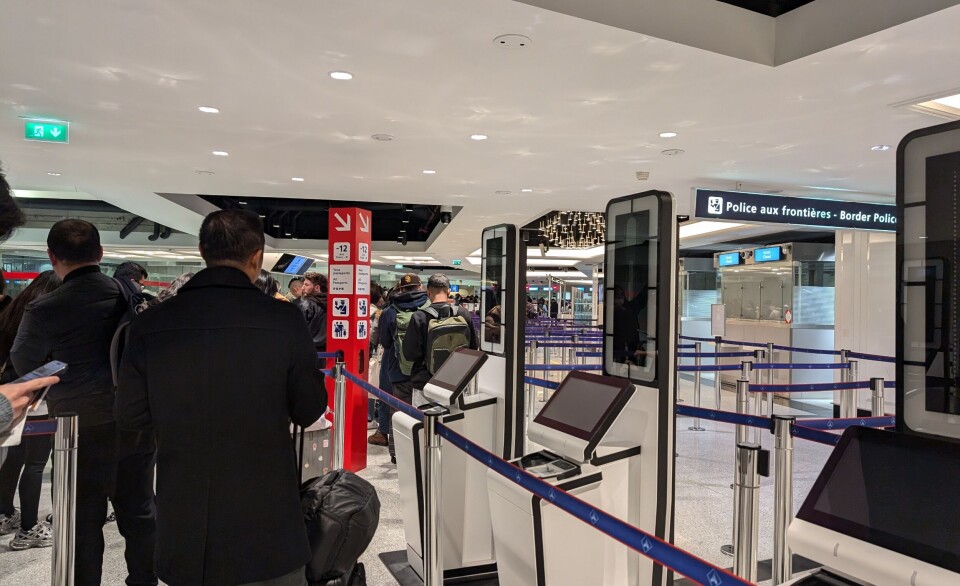-
Warm days ahead: French weekly weather outlook March 31 - April 4
Temperatures of 20C are expected towards the end of the week across France
-
Second runway at Bordeaux airport likely to be renovated not closed
Move may lead to backlash from local people who are unhappy due to the noise levels
-
Pension age reform in France: New poll shows support for a return to age 62
Employers' organisations and trade unions are currently meeting to discuss the subject on the orders of Prime Minister François Bayrou
Digital hospital consultations launch in Limoges
A new digital service enabling patients to connect with specialists at Limoges Hospital while in confinement is set to go live on Monday April 20.

The new system is the first of its kind in Nouvelle-Aquitaine and has been developed ahead of schedule as a result of the Covid-19 crisis, which had brought a halt to regular patients being able to see medical professionals.
The ‘telemedicine’ platform will give patients the opportunity to have a phone or video consultation with health professionals and potential diagnosis and treatment.
Twenty-five specialists covering a range of specialities including cardiology, diabetes and other high demand areas have signed up to the project.
The service will operate from Monday to Friday by phone on 05 55 08 71 60 (9am-12:30pm and 14.00-17.30pm) or by email: regulation.telemedecine@chu-limoges.fr
Patients will be asked to provide the following information
Your name
Photo ID
The reason for the request
Your phone number
Initial contact will be by telephone to set up appointments with a specialist that can be done by phone or video via a smartphone, tablet or a computer equipped with a camera.
The new platform has been co-ordinated by Professor Jean-Jacques Moreau, former head of the neurosurgery department at Limoges Hospital.
He told FranceTV F3: “We have 25 specialists able to respond to telemedicine requests. The telemedicine project was already underway between the hospital and the 18 members of the Groupements Hospitaliers de Territoire (GHT) of Limousin.
“The coronavirus crisis led us to deploy this system much quicker than anticipated. In just one month we had got the specialists, which we thought would take one year.
“This project was only published at the end of 2019 and at the beginning of this year we started to deploy the specialties required. We then put the equipment, we trained on it and it exploded from there as all the specialties came into place.
“It's not just Covid, we must continue to deal with chronic patients and others. These people must be able to have contact with a specialist even with confinement.”
The move should alleviate the concerns of patients, who have been unable to attend hospital as a result of confinement. Professor Moreau acknowledged that the care of non-Covid patients was still vital and this platform will play a significant role in achieving that.
He added: “With the Covid-19 crisis, the intensive care unit of neurosurgery was reorganized for an influx of patients. This influx did not happen and that's good, but you have to keep on caring for other patients.
“Telemedicine is one solution. When everyone saw that it worked, it was the people in the department who called colleagues from other departments, while the secretaries trained fellow volunteers."
Explaining how the platform would work, Prof Moreau said: “We have worked in reverse as we know we could not see the patients here, so we are seeing the patients remotely, and if necessary, they may need to move, or a care provider moves to their home.
“We may need advanced practice nurses who can do additional examinations. We also have access to lots of connected devices such as ultrasound scanners, electrocardiograms, autoscopes, stethoscopes to assist us.”
Stay informed:
Sign up to our free weekly e-newsletter
Subscribe to access all our online articles and receive our printed monthly newspaper The Connexion at your home. News analysis, features and practical help for English-speakers in France
























